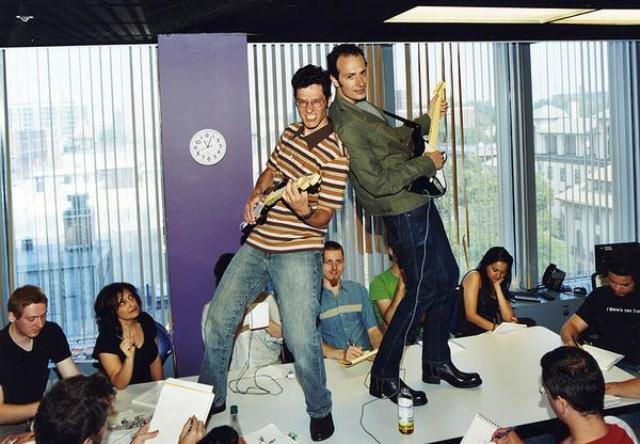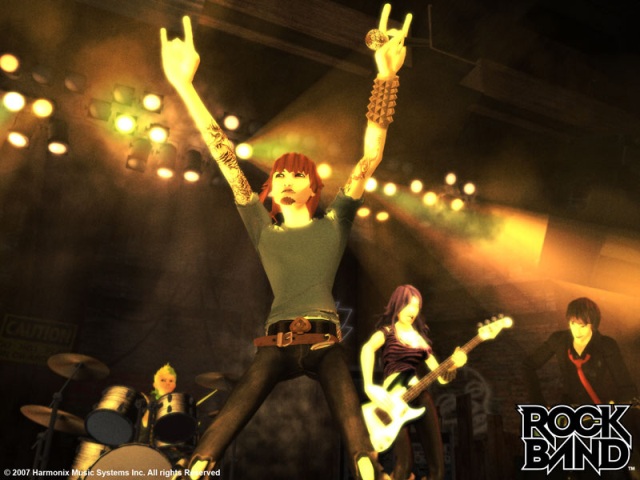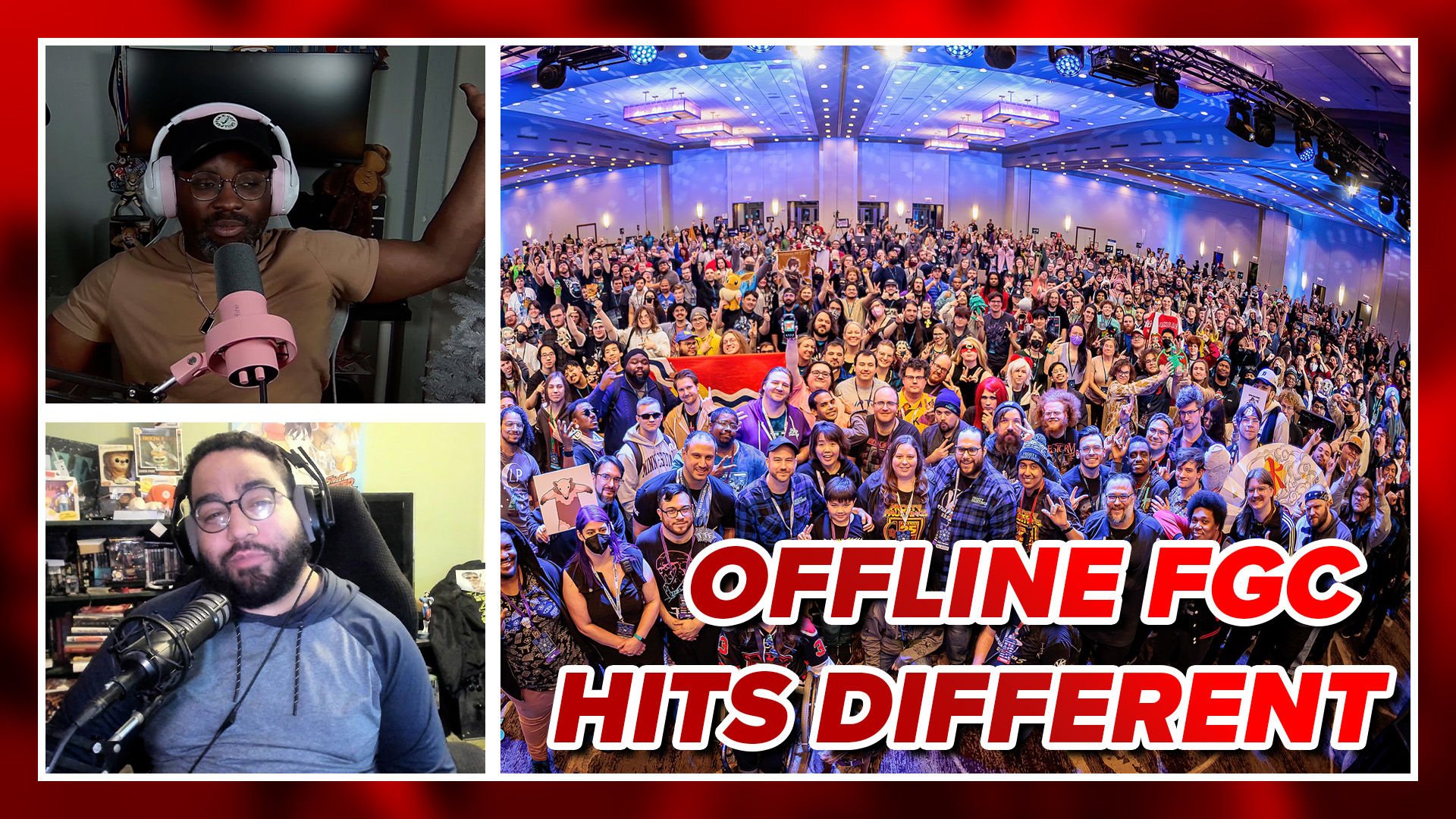Publishing giant Viacom was handed a mandate by a court-appointed third party arbitrator on December 19th to pay ex-shareholders of a studio it formerly owned, Harmonix, an almost obscene $383 million. Viacom, clearly less than enamored with the idea of shelling out that kind of cash, is disputing the decision in the lawsuit that the publisher itself actually filed against the creator of Guitar Hero and Rock Band.
The New York City-headquartered media conglomerate is implored the Delaware court on Tuesday to “consider arguments and evidence that were improperly excluded” from its report, adding in that its figures were reached as a result of a “manifest error.”
Viacom moved forward with the suit back in September in an attempt to recoup $131 million of the $150 million it had paid out to the Boston development house’s former shareholders, among which founders Alex Rigopulos and Eran Egozy are counted. The $131 million figure was the portion of bonuses that were paid out by Viacom and that were tied to the performance of the Rock Band series of products – bonuses that Viacom claims the recipients are “not entitled.”
Apparently the jointly-appointed accountant that served as the arbitrator sees things slightly differently than Viacom does. His decision would force them to fork over that gaudy $383 mil on top of the sum that has already been paid out in order to bring them up to a grand total of $533 million, which is amazingly still shy of the $700 million the Harmonix boys believed they were owed.
The developers were originally snatched up by the publisher back in 2006 in the wake of the extremely successful Guitar Hero and Guitar Hero 2. It was one part of a split that saw their former partner, Red Octane, grabbed by Activision who went on to release as many sequels to the now defunct series as there are pieces of plastic instruments in consumers’ closets.
Harmonix went on to create the Rock Band (RB) franchise which spawned several sequels of its own and sold over 13 million discs and in excess of 100 million downloadable songs as of this writing. Viacom sold the studio off to venture firm Columbus Nova in 2010 for a relatively paltry $50 million in the face of declining music game sales.
The studio’s former owner has stated that the series failed to rake in high enough profits to put them on the hook to make the promised payments despite sales that topped the $1 billion mark. Viacom cites absurdly high production costs as the reason for the lack of profitability.
[Sources: Gamasutra 1, Gamasutra 2 and New York Times Blog]
[Images via Giant Bomb and Amazon.]






